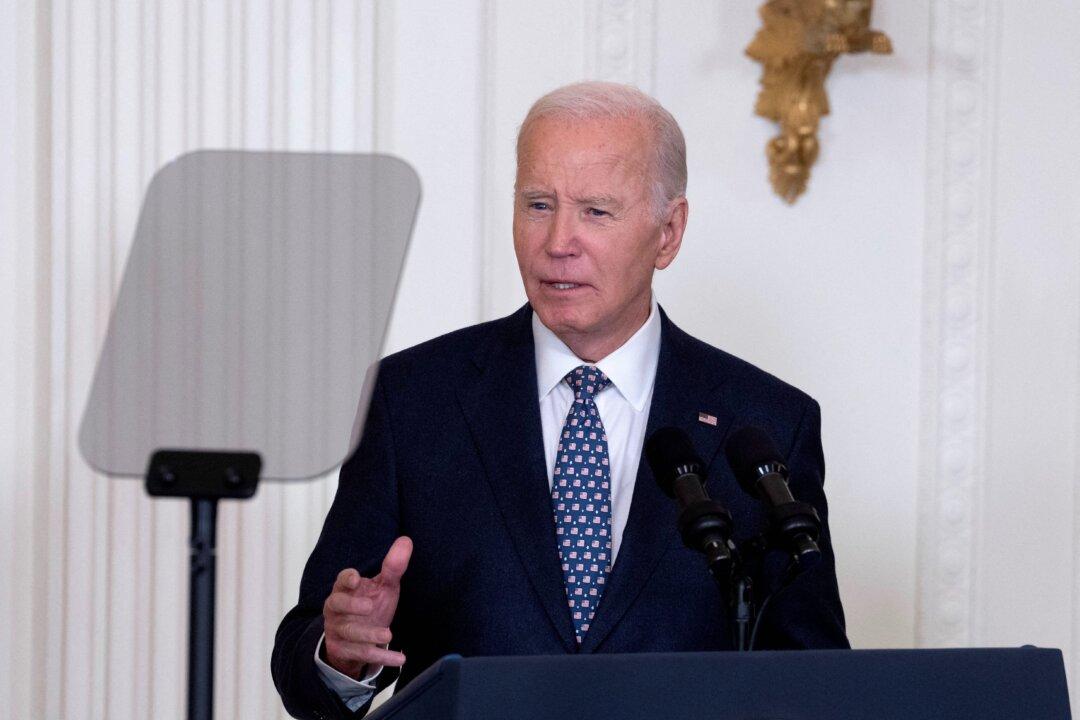Keith Nelson, a convicted murderer who killed a girl in 1999, was executed on Friday afternoon, becoming the fifth federal inmate to be executed in 2020.
The 45-year-old was pronounced dead about nine minutes later after he was administered a lethal injection of pentobarbital. His time of death was 4:32 p.m. EDT, and he was executed at the federal penitentiary in Terre Haute, Indiana.
Nelson, who was convicted of raping and murdering 10-year-old Pamela Butler in Kansas in 1999, was one of more than a dozen inmates on federal death row in Terre Haute who sued the Justice Department over its lethal injection protocol, which was announced in 2019, replacing the old three-drug protocol last used in 2003.
He is now the fourth of those plaintiffs to have since been executed by the Justice Department after the U.S. Supreme Court swiftly dismissed earlier injunctions issued by Chutkan delaying the executions to allow the litigation to proceed.

His attorneys, Dale Baich and Jen Moreno, said in a statement this week that they tried to secure a stay of execution in the case, claiming that Nelson had ineffective legal counsel as well as an alleged violation of the Food, Drugs and Cosmetics Act.
Chutkan ruled on Thursday that the federal government must have a prescription for the drug that it plans to use during the lethal injection process, agreeing that using the drug without a prescription violates the Food, Drugs and Cosmetics Act.
U.S. Attorney General William Barr resumed federal executions following a 17-year-long hiatus. In July, the executions started again, and the first four were Daniel Lewis Lee on July 14, Wesley Purkey on July 16, Dustin Honken on July 17, and Lezmond Mitchell earlier this week.
During his trial, Nelson’s attorneys argued that he suffered from a number of issues such as “severe organic brain damage,” mental illness, and abuse as a child.





